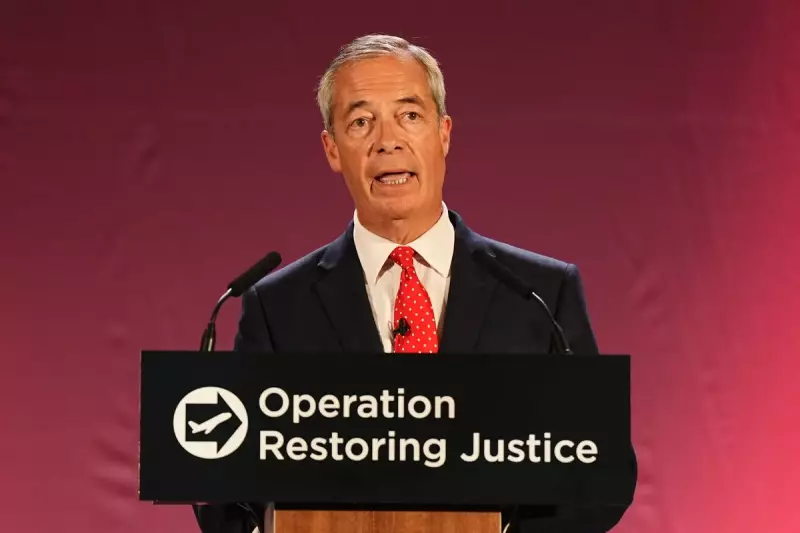
Nigel Farage's Reform UK has ignited a political firestorm by formally blacklisting Nottinghamshire Live from its media communications, accusing the publication of engaging in "aggressively biased" reporting against the party.
The dramatic move, which effectively bars the prominent local news outlet from receiving press releases, event invitations, or official statements, represents an unprecedented escalation in the ongoing tensions between political parties and the media.
The Official Justification
In a sharply worded statement, a Reform UK spokesman declared: "We will not be working with Nottinghamshire Live due to their aggressively biased reporting against our party and our fair and democratic politics."
The party specifically pointed to what it characterized as consistently negative coverage, though it stopped short of providing specific examples of the alleged bias.
Media Backlash and Free Speech Concerns
The decision has triggered immediate condemnation from media professionals and free speech advocates. Nottinghamshire Live's editor, Natalie Fahy, fired back, stating the outlet would "continue to report on the party fairly and accurately as we always do."
"It is disappointing that Reform UK have taken this decision," Fahy remarked, emphasizing the publication's commitment to balanced journalism despite the blacklisting.
Broader Implications for Democratic Discourse
This confrontation raises serious questions about the relationship between political entities and the fourth estate in modern British democracy. Media analysts suggest that such blacklists could establish a dangerous precedent where parties selectively engage only with favourable outlets.
The incident occurs against a backdrop of increasing tensions between politicians and journalists, with accusations of "fake news" and media bias becoming increasingly common political tactics.
Historical Context and Political Strategy
While political parties have occasionally frozen out specific journalists or publications, formal institutional blacklists remain relatively rare in UK politics. Reform UK's approach mirrors tactics increasingly seen in other Western democracies, where political movements bypass traditional media in favour of direct communication through social media platforms.
This strategy allows parties to control their messaging more tightly but risks creating echo chambers and reducing accountability through independent journalistic scrutiny.
The ongoing standoff between Reform UK and Nottinghamshire Live continues to develop, with observers watching closely to see if other media outlets or political parties will become involved in the escalating dispute over press freedom and political communication.






